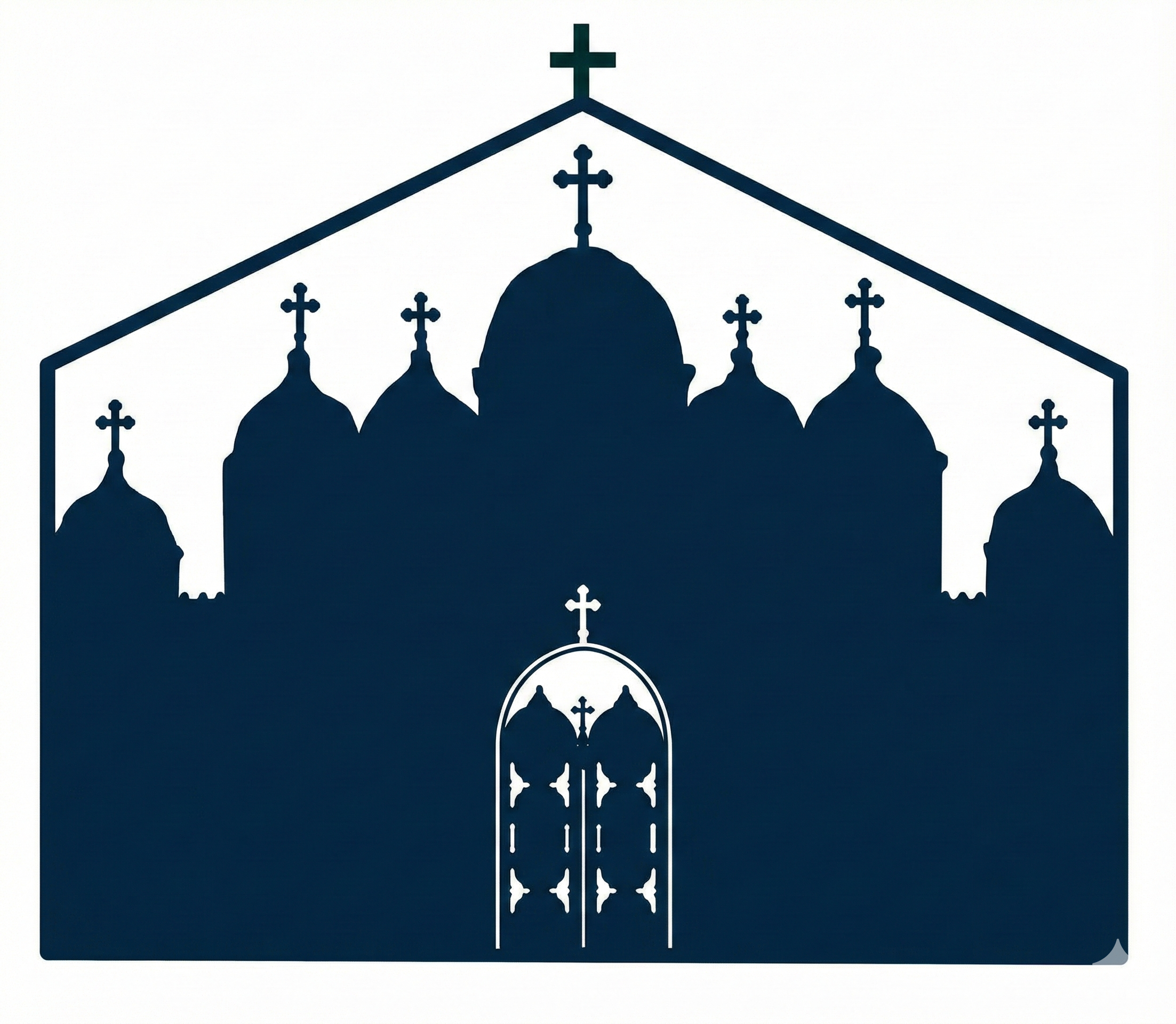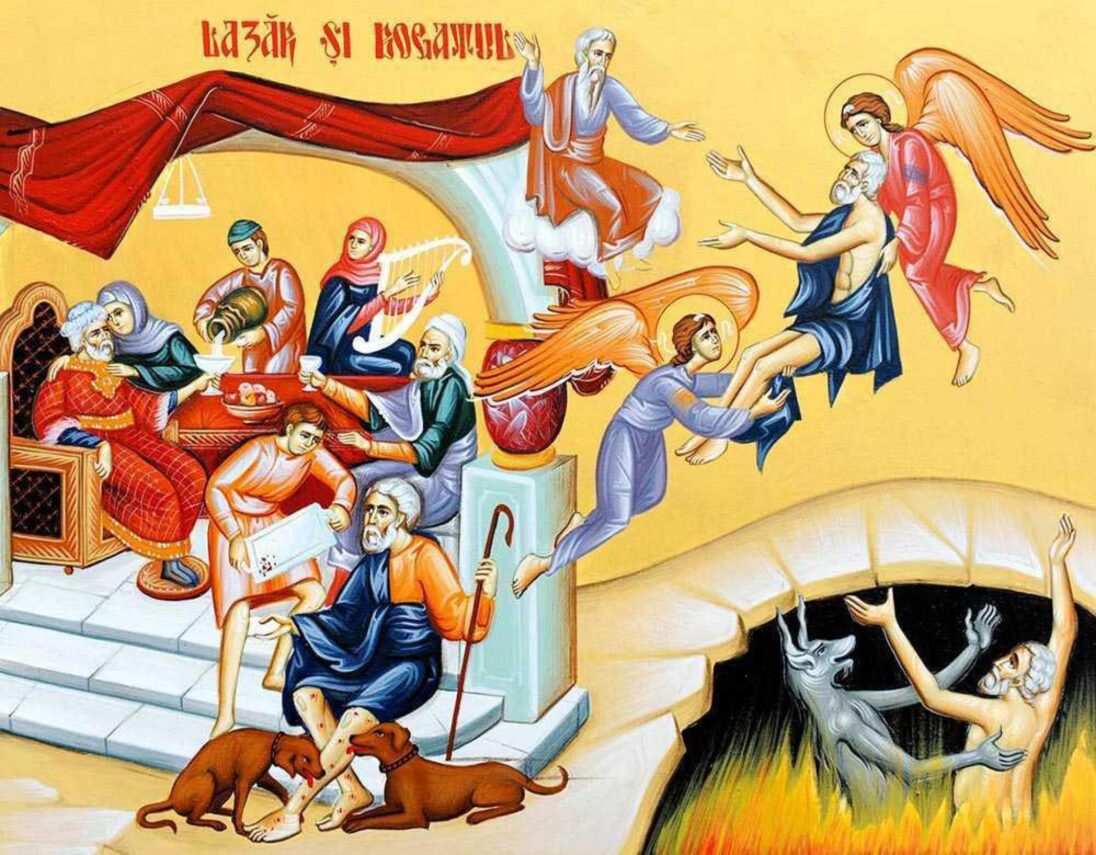Luke 16:19-31 2025/11/02 Osaka Church
In the name of the Father, and of the Son, and of the Holy Spirit.
The theme of today’s Gospel is “Reversal.”
There was a beggar named Lazarus. He was covered in sores all over his body, so weak that he couldn’t even drive away the dogs that came to lick his sores. He waited all day at the gate of a rich man who lived in luxury and revelry every day. He was waiting for any leftovers that the rich man might throw from his table. But in the end, no leftovers fell. The rich man and Lazarus eventually died one after another.
Now, this rich man is burned and tormented in the raging flames of hell. He looked up to heaven and pleaded with Abraham, who was there, saying, “Command Lazarus to dip his fingertip in water and cool my tongue.” But Abraham said:
“Between us and you there is a great chasm, so that those who want to go from here to you cannot, nor can anyone cross over from there to us.”
In today’s Gospel, even though their positions were later reversed, the contrast is vividly shown between the one who begs and waits for help from within suffering, and the one who coldly looks down on the one suffering in “misfortune” from within “blessing.” It is often said that this rich man was completely unaware of Lazarus suffering at his gate, but that’s not true at all. The rich man not only knew of the poor beggar’s existence, but he even knew his name! He pleaded with Abraham, who was looking down on him from hell, saying, “Send Lazarus here.” Therefore, the rich man’s sin is all the more serious, and his punishment is heavy and irreversible. Even if he wanted to fulfill the rich man’s wishes, a great chasm now lies between him and Lazarus, one that can never be crossed.
It may seem as if the positions of the rich man and Lazarus have simply been reversed, but there is a crucial difference. While there was a great disparity between the “blessings” and “misfortunes” of the two during their lives, that disparity was not insurmountable. The rich man could have, at any time, shown compassion to Lazarus and given him a warm bowl of soup and bread. Moreover, it would have been easy for him to simply throw the leftovers out the window, as Lazarus had hoped for. But the rich man pretended not to notice. That mercilessness is what drove him to the side of “misfortune” after his death. But now, even if he wanted to help, a great chasm lies between them that cannot be crossed. This is a crucial difference.
Now, if I were to end the sermon here, it would be nothing more than a moral exhortation. On the contrary, it might even be a curse upon the merciless, a revenge disguised as the gospel, a mere “threat” mercilessly leveled against them.
However, this is still the gospel. Because there is one who crossed this insurmountable chasm that caused the rich man’s lament, and came to this side. There is one who crossed the immeasurable distance between God and man, the Creator and His creation. That one is precisely the narrator of this parable of “the rich man and Lazarus.”
We must know the love of God, shown by that one, God’s only begotten Son, Jesus. This one bore all the “misfortunes” for us, except for our sins. Our “misfortune” is the result of our own sins, but the “misfortune” that He suffered was the result of love. God, in order to move us from “misfortune” to “blessing,” from death to life, abandoned His own “blessing” and bore our “misfortune.” He came forth from the glory of God and entered under the dominion of death.
It is only by knowing Him that we, who were once merciless, come to know love.
The Holy Apostle John says:
“We love because God first loved us.”

